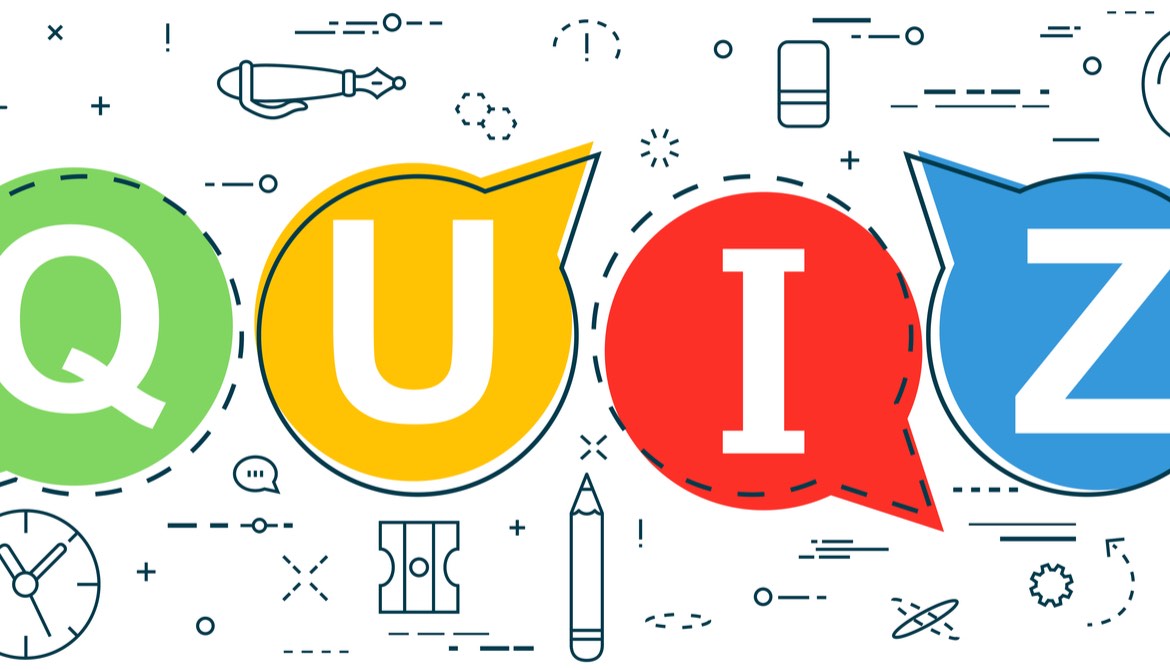3 minutes
Use your answers to clarify your understanding about what you can do to support your team.
Complete the below quiz to identify how well you as a leader support talent development. Use the answers to guide your own development to provide quality support to your team.
1. Which of the below are opportunities that support an individual’s professional development?
a. Completing an online Bank Secrecy Act training
b. Reading the article, "Four Payment Technology Predictions for 2019"
c. Attending CUES' Payments University
d. Leading a team meeting
e. A and C only
f. All of the above

2. Formal (classroom) training is a great way to “fix” an employee who has an issue or needs to grow within a skill.
a. True
b. False
3. Development discussions with staff should take place ______.
a. Annually
b. Anytime
c. Only as requested by an individual
d. Only when development needs arise
4. Attending a conference or school is only beneficial to the individual that attends.
a. True
b. False
5. Supporting the development of your employee includes
a. Ensuring he/she is aware of development opportunities and resources.
b. Offering him/her time to develop (attend formal training, read articles, etc.)
c. Providing support only when asked
d. A and B only
6. Aligning development of your employees to the organization is only important for those that will move into leadership roles.
a. True
b. False
Answers
1. F – Professional development opportunities are not limited to formal training or education (online or in-person). Professional development can come from reading and discussing articles, peer networking, or any opportunity that supports development of a new skill, such as leading a meeting.
2. B – Training should not be considered the fix to an issue with an employee. Training can provide support in helping an individual develop a skill or support behavior changes but, to demonstrate and help achieve value, an employee needs to understand why he or she is attending training. He or she needs to understand the overall goal and how the training fits into the goal.
3. B - Development discussions can and should be woven into everyday conversations. They should not occur only during performance reviews or when specific gaps are identified. Development discussions help expand knowledge and offer resources to leverage development opportunities. (Download the CUES Leadership Development Guide for support with your own development discussions.)
4. B – For an individual, attending a conference supports development of skills and offers the ability to grow his or her professional network. An individual can apply the knowledge gained as he or she shares insights or resources with others. This can result in updated processes or efficiencies for a team or the credit union.
5. D – Supporting talent development for your staff should included making sure staff are not only aware of the resources available but are encouraged to take time to develop. Individuals don’t always know what questions to ask to support development, so engaging in discussions about successes or lessons learned facilitates open dialogue.
6. B – As each role in your organization serves a purpose, development of all staff should be aligned to overall initiatives. Helping staff understand the value and impact of their roles and aligning development to the skills and talent needed to meet goals is critical for any organization. (Learn more about resources and support CUES can offer with CUES Consulting.)
Jennifer Stangl is CUES’ director of professional development.










